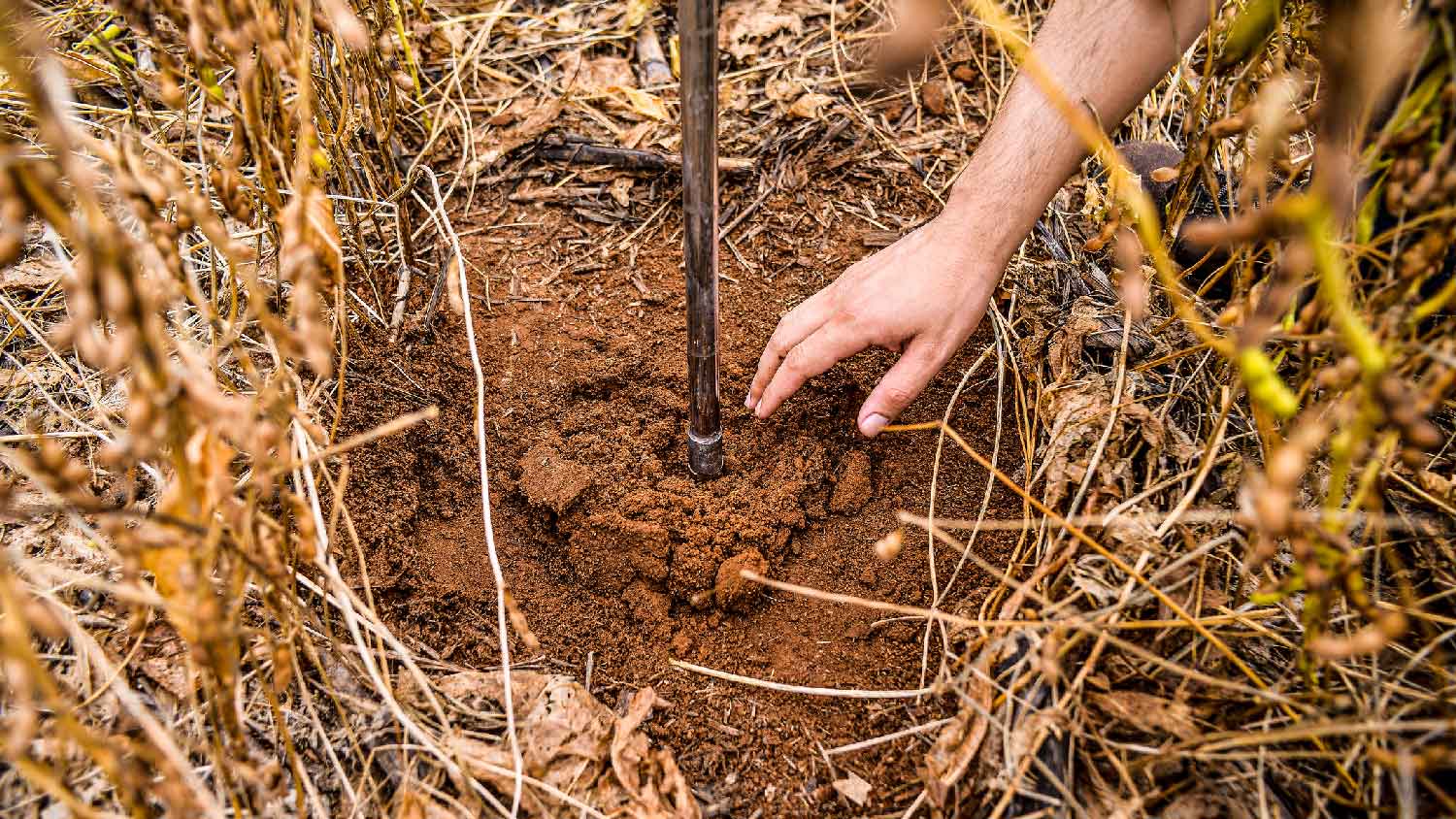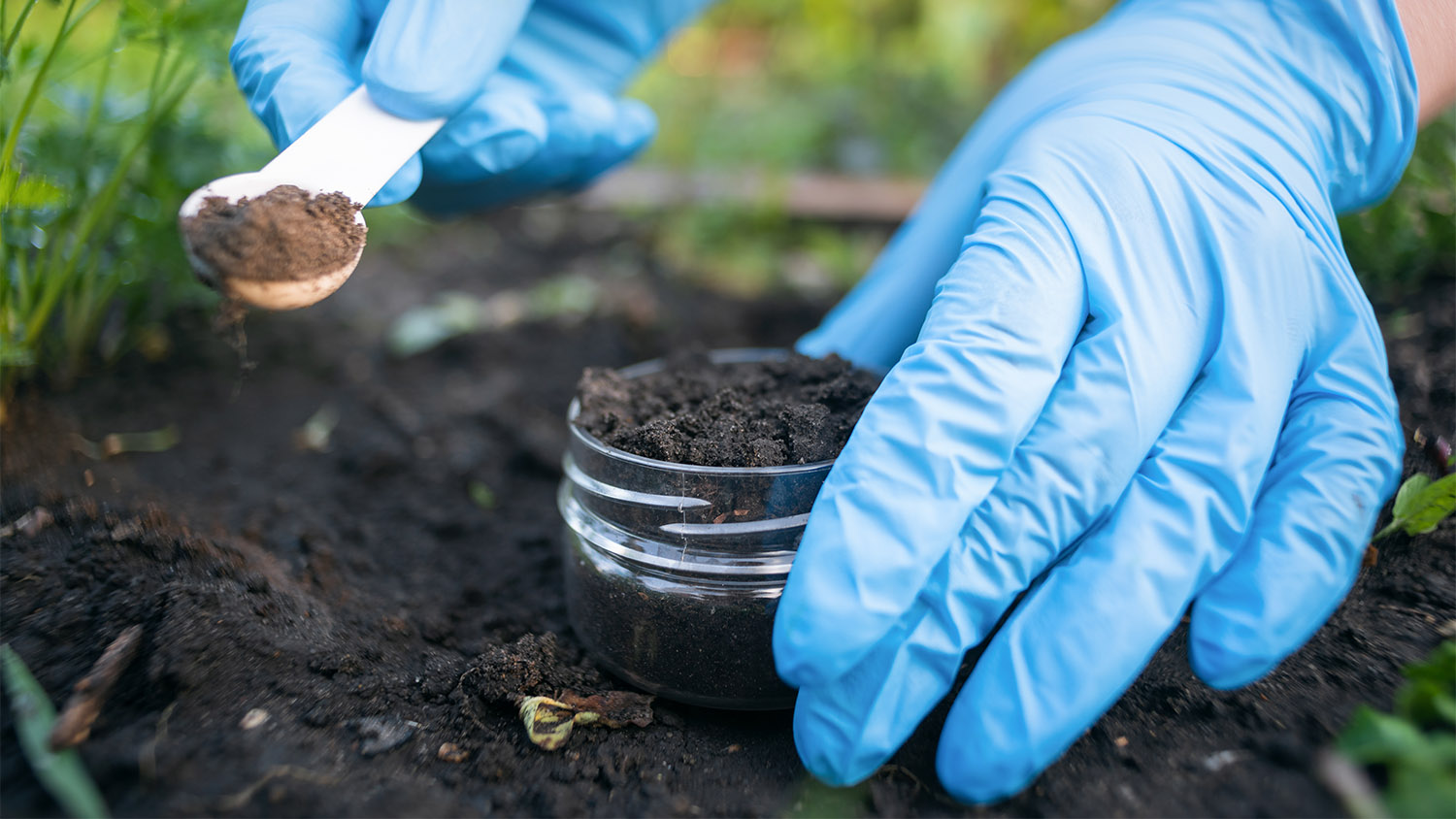
Learn who does perc tests, when to call a soil tester, and the average cost. See how pros conduct tests and ensure official results.
Geotechnical reports cost an average of $2,700


The average geotechnical report cost ranges from $1,000 to $5,000, with most homeowners spending an average of $2,700.
Key cost factors include test type, area size, labor, and potential remediation.
Costs can be as low as $150 or as high as $5,400, depending on how comprehensive you need your report to be.
Expect to spend between $100 and $250 per hour on soil engineer labor.
This article was updated using automation technology and thoroughly reviewed for accuracy by HomeAdvisor Editor Ryan Noonan.
On average, a geotechnical report costs between $1,000 and $5,000, with most homeowners spending an average of $2,700. A basic test can run as little as $150 per sample, while a full geotechnical survey can top $5,400. The main cost drivers are the size of your test area, the type of testing you need, and labor costs.
The cost of soil tests depends on on-site test labor, lab fees, and other factors. Here’s a closer look at how your costs break down.
Hiring a licensed local soil engineer, geotechnical engineer, or geologist costs $100 to $250 per hour for fieldwork, sampling, and on-site consultation. Your final price depends on the test type, the number and depth of samples, site access, and their travel time.
Lots of similar sizes cost about the same to test. Larger sites, however, need extra samples to capture accurate soil conditions. An oil-tank check focuses on a small footprint, while a multi-acre farm often requires broader sampling across the property.
If your soil test results point to contamination, nutrient gaps, or weak structure, you’ll need remediation next. The method you choose—whether amending nutrients or removing contaminants—along with the scale of the work, drives the final price.
The biggest driver of price is the kind of test you order. Routine checks cost less, while specialized construction reports can climb past $1,750.
| Test Type | Purpose | Average Cost |
|---|---|---|
| Soil compaction | Measures soil density and structural strength | $190–$350 |
| Soil percolation | Required for septic systems; measures absorption and drainage | $250–$850 |
| Advanced composition | In-depth analysis of minerals, elements, and overall makeup | $300–$1,750 |
| Soil boring | Extracts soil 15–20 feet underground to assess construction suitability | $750–$1,500 |
Accurate soil data starts with a high-quality test. Skimping here often leads to expensive fixes down the road. To get the most value:
Gather quotes from at least three soil-testing firms.
Hire contractors who specialize in the exact test you need.
Ask about bundling testing with amendment or aeration work to trim travel fees.
Order only the tests your project truly requires.
No place is more important than your home, which is why HomeAdvisor connects homeowners with local pros to transform their houses into homes they love. To help homeowners prepare for their next project, HomeAdvisor provides readers with accurate cost data and follows strict editorial guidelines. After a project is complete, we survey real customers about the costs to develop the pricing data you see, so you can make the best decisions for you and your home. We pair this data with research from reputable sources, including the U.S. Bureau of Labor Statistics, academic journals, market studies, and interviews with industry experts—all to ensure our prices reflect real-world projects.
From average costs to expert advice, get all the answers you need to get your job done.

Learn who does perc tests, when to call a soil tester, and the average cost. See how pros conduct tests and ensure official results.

Who does soil testing? Learn if a soil engineer or lawn care pro is right for you and review soil testing costs before you hire

If you need to hire a professional to test your soil, use this guide to budget for your project.